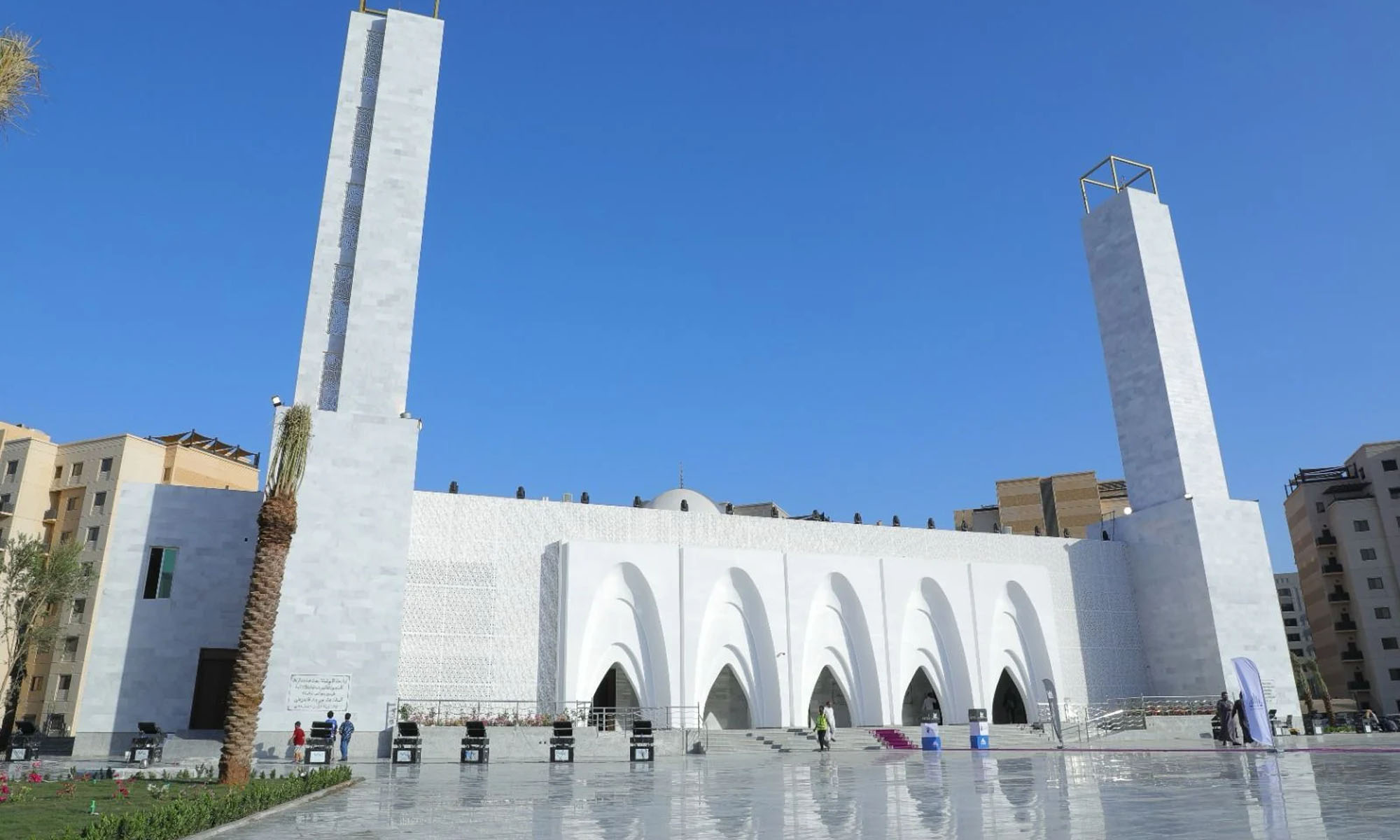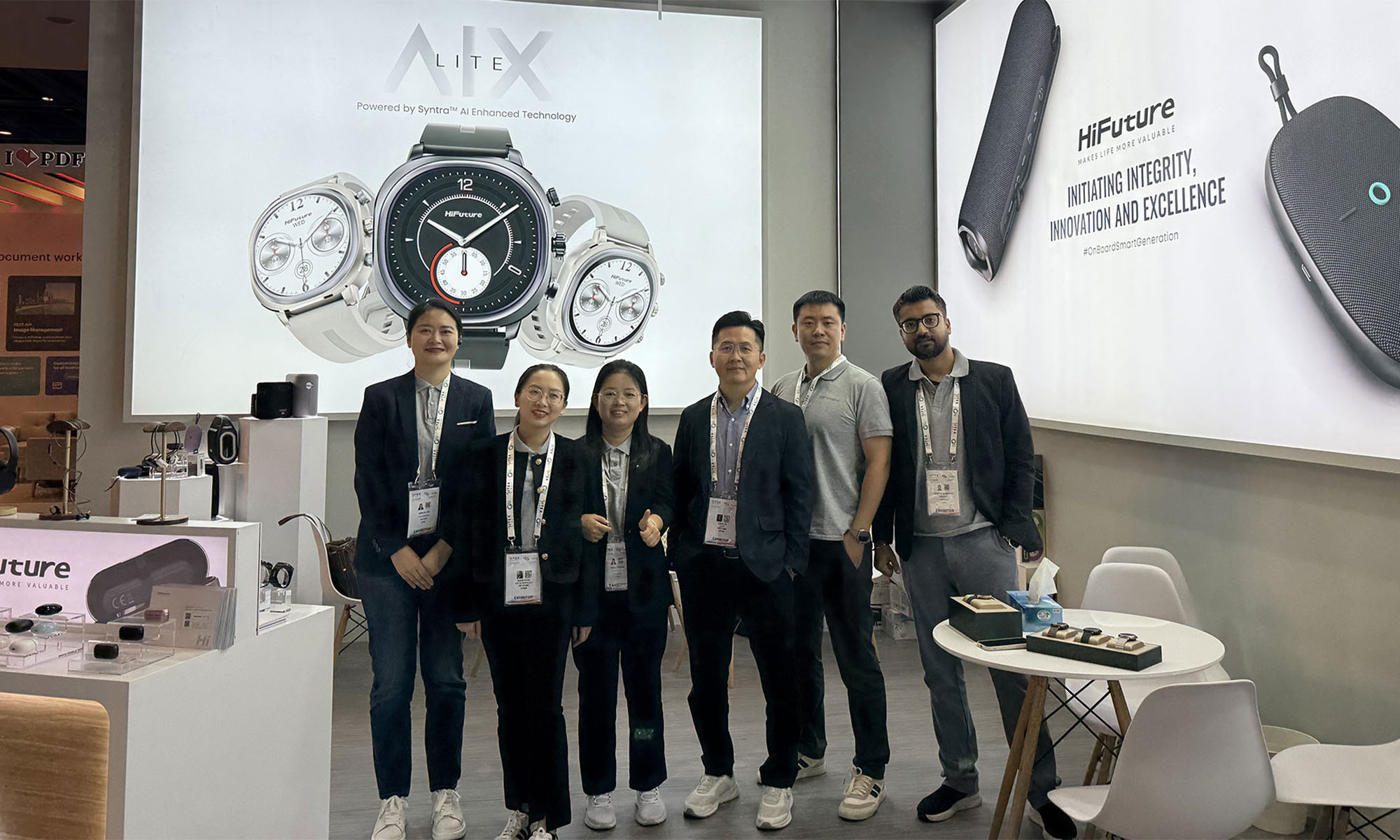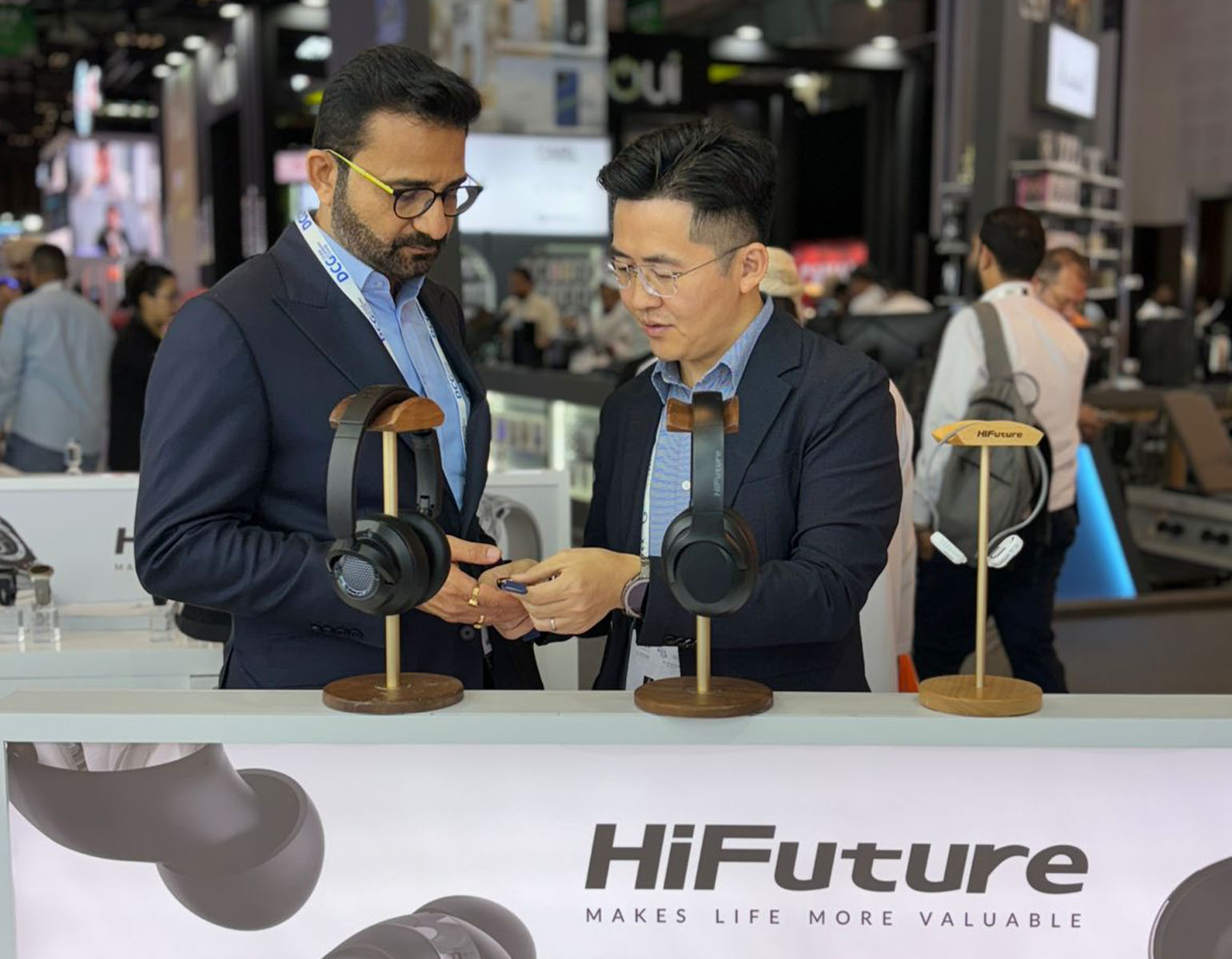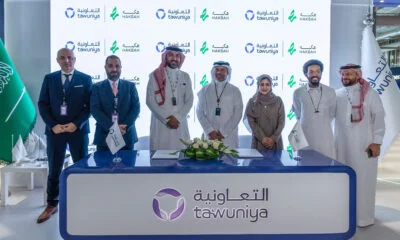News
Pioneering 3D-Printed Mosque Unveiled In Jeddah
The Abdulaziz Abdullah Sharbatly mosque is constructed using cutting-edge technology and symbolizes Saudi Arabia’s Vision 2030.

Although readers might be led to believe that 3D-printed architecture is a new concept, the technique actually traces its origins back over 80 years of theoretical design and 40 years of practical application. Initially employed for constructing cement-based structures, 3D printing has streamlined the process of laying down foundational bases for buildings from China to Europe and now to the Middle East.
Situated in Jeddah’s Al-Jawhara suburb, the 5,600-square-meter Abdulaziz Abdullah Sharbatly mosque is the first in the world to be created using 3D printing. Employing technology from renowned Chinese manufacturer Guanli, the religious building was commissioned by Saudi entrepreneur Wajnat Abdulwahed in memory of her late husband.
🎥| افتتاح أول جامع في العالم يُبنى بتقنية الطباعة ثلاثية الأبعاد بجدة في #ضاحية_الجوهرة إحدى ضواحي #الوطنية_للإسكان باسم جامع السيد/ عبدالعزيز عبدالله شربتلي رحمه الله، على مساحة 5600 م2، كإهداء من زوجته @W_Abdulwahed رئيسة مجلس إدارة منظومة فرسان العقارية المنفّذة للمشروع. pic.twitter.com/WyEHpBX2wD
— عدّاد جدة (@3adad) March 7, 2024
Built by Forsan Real Estate under Abdulwahed’s direction, the mosque is part of the National Housing Co.’s portfolio and was opened to the public amidst a gathering of Saudi business leaders and senior government officials.
The Abdulaziz Abdullah Sharbatly project aims to introduce modern built-environment technologies to Saudi Arabia, positioning the nation as an early adopter. Utilizing a 3D scanner and specialized Computer-Aided Design (CAD) software, Guanli employed additive manufacturing to construct successive layers, significantly reducing material wastage compared to conventional techniques.
Also Read: Getting Started With Google Gemini: A Beginner’s Guide
During an interview with Arab News, Abdulwahed explained that the “design concept of the mosque was based on fostering a sense of tranquility among worshippers through the principle of gracious hospitality. The mosque’s design was centered within a circle that can be easily oriented towards the qibla. Attention was paid to the building’s mass and its relationship with natural light, the design of entrances and gates, and the exterior facades to reflect the architectural identity”.
The white facade of the mosque is flagged by distinctive towering minarets and complimented by an open-air outdoor courtyard, which allows a greater number of worshippers inside during busy times such as Friday prayers, taraweeh prayers in Ramadan, and Eid.
News
HiFuture Wraps Up Successful GITEX GLOBAL 2024 Appearance
The electronics company wowed audiences at the world’s largest tech event with a range of wearable and smart audio devices.

This year’s GITEX GLOBAL 2024 in Dubai saw a huge number of startups, electronics firms, and innovators from around the globe gather for the tech sector’s largest event of its kind. One company making waves at this year’s expo was Chinese tech group HiFuture, which showcased a range of products with a focus on wearable technology and smart audio.
At the HiFuture booth, the company captivated attendees with cutting-edge smartwatches like the ACTIVE and AURORA, along with a range of powerful wireless speakers, earbuds, and even smart rings. Visitors were eager to check out the sleek new designs on offer and even had the chance to test out some of the products themselves.

Among the highlights were smartwatches combining dual-core processors with customizable options. The devices blended style and technology, offering health monitoring capabilities, personalized watch faces, and advanced AI-driven functionalities, giving attendees a taste of the future of wearable technology.
On the audio front, HiFuture’s wireless speakers left a lasting impression, offering rich, immersive sound in compact, portable designs. These speakers cater to both intimate gatherings and larger celebrations, offering versatility for users. Meanwhile, the company also showed off its Syntra AI technology, which it claims “revolutionizes health and fitness tracking by combining advanced optical sensors with intelligent algorithms for precise, real-time insights”.
Also Read: How (And Why) To Start A Tech Business In Dubai
The presence of HiFuture’s leadership team at GITEX 2024 underscored the importance of this event for the company, with CEO Levin Liu leading a team of executives, all keen to engage with attendees and offer insights into HiFuture’s vision, product development process, and future direction.
Overall, it seems that GITEX GLOBAL 2024 has been a rewarding experience for HiFuture. The enthusiasm and curiosity of attendees shown to the company’s diverse range of products was obvious, with the HiFuture team leaving on a high note and clearly excited and motivated by the event.




























